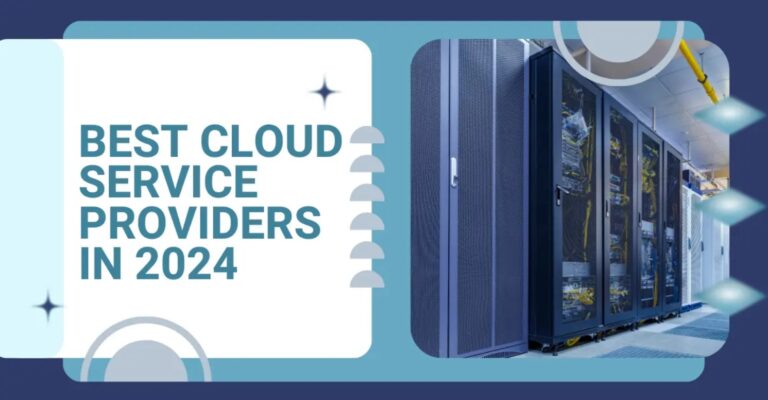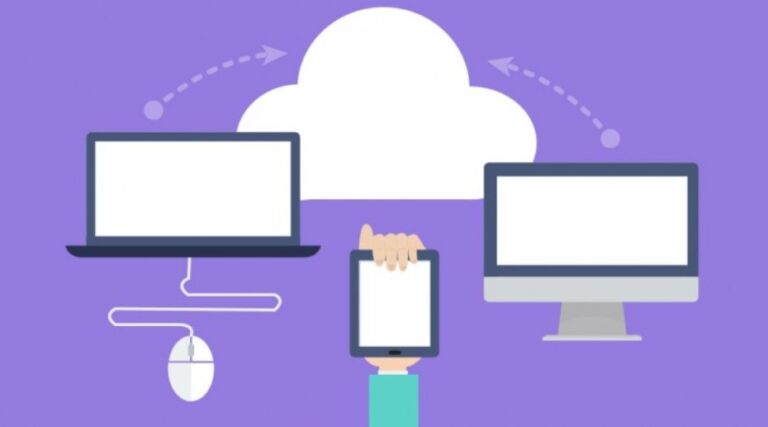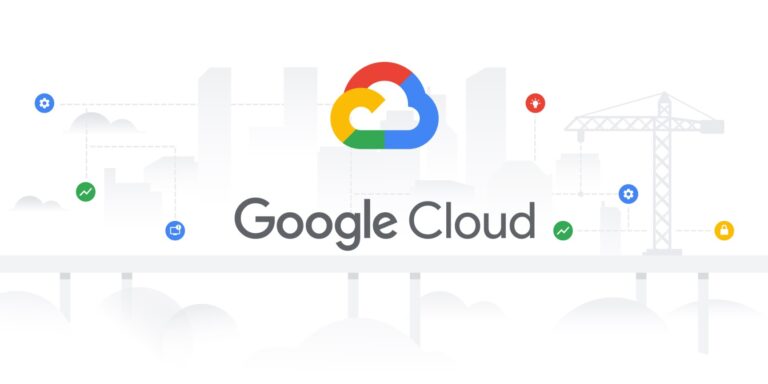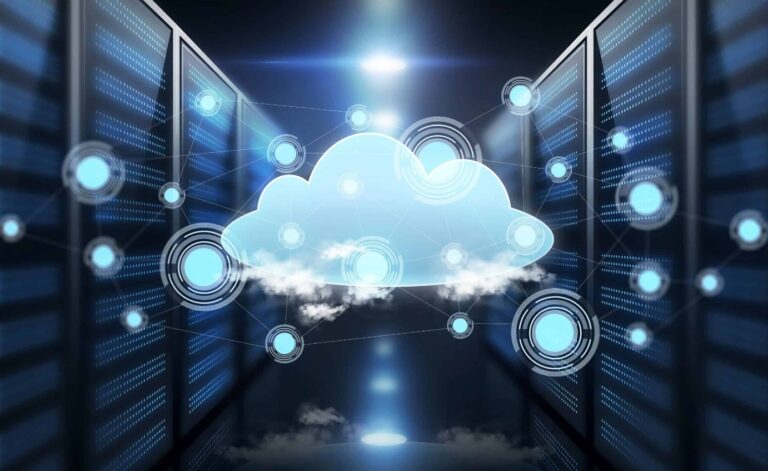Cloud Computing Server in 2024: Top Products and Benefits
Cloud computing server have completely transformed the business operations landscape, providing organizations with scalable, flexible, and cost-effective solutions for managing their data and applications.
This comprehensive guide will delve into the top cloud computing servers currently available in 2024. We will explore their unique benefits, provide detailed product comparisons, and offer guidance on the purchasing process. 🌐✨
What is a Cloud Computing Server?
A cloud computing server is a virtualized server infrastructure that hosts applications and services accessible over the internet.
Unlike traditional on-premises servers, cloud servers offer scalable resources that can be easily adjusted to meet changing demands, improved accessibility from any location with an internet connection, and enhanced security features such as data encryption and regular security updates.
These qualities make cloud servers an ideal infrastructure solution for businesses of all sizes, enabling them to efficiently manage their IT resources and focus on their core operations.
Benefits of Cloud Computing Servers
- Scalability: Easily scale resources up or down based on demand.
- Cost-Effectiveness: Pay only for the resources you use, reducing operational costs.
- Accessibility: Access your data and applications from anywhere with an internet connection.
- Security: Advanced security features to protect your data from breaches.
- Reliability: High uptime guarantees and redundancy options ensure continuous availability.
Top Cloud Computing Servers in 2024

1. Amazon Web Services (AWS)
Amazon Web Services (AWS) is a highly versatile and extensively utilized cloud computing platform that provides a vast array of over 200 fully-featured services. These services are hosted in data centers located around the world, allowing for global accessibility and reliability.
- Use Cases: Web hosting, big data processing, machine learning, and more.
- Pros: Extensive service offerings, robust security, global reach.
- Cons: Can be complex for beginners, with higher costs for advanced features.
- Price: Pay-as-you-go pricing; varies based on the services used.
- Features: EC2 instances, S3 storage, Lambda, RDS, and more.
2. Microsoft Azure
Microsoft Azure is a comprehensive cloud computing platform developed by Microsoft. It offers a diverse set of services such as virtual computing, analytics, storage, and networking.
With its extensive range of capabilities, Microsoft Azure provides organizations with the tools they need to build, deploy, and manage applications through Microsoft’s global network of data centers.
- Use Cases: Enterprise IT, app development, IoT solutions.
- Pros: Integration with Microsoft products, strong hybrid cloud capabilities.
- Cons: Pricing complexity, occasional service outages.
- Price: Subscription-based pricing; varies based on usage.
- Features: Virtual machines, Azure SQL Database, Azure Active Directory, and more.
3. Google Cloud Platform (GCP)
Google Cloud Platform (GCP) provides a comprehensive range of cloud computing services, including infrastructure, storage, databases, machine learning, and more.
These services are built on the same infrastructure that Google uses to power its own consumer products, ensuring reliability, scalability, and performance.
- Use Cases: Big data analytics, machine learning, app development.
- Pros: Strong analytics and machine learning capabilities, competitive pricing.
- Cons: Smaller market share, fewer enterprise features compared to AWS and Azure.
- Price: Pay-as-you-go pricing; free tier available for beginners.
- Features: Compute Engine, BigQuery, Kubernetes Engine, and more.
See also: Google Cloud Server: Features, Benefits, and Purchase Options
4. IBM Cloud
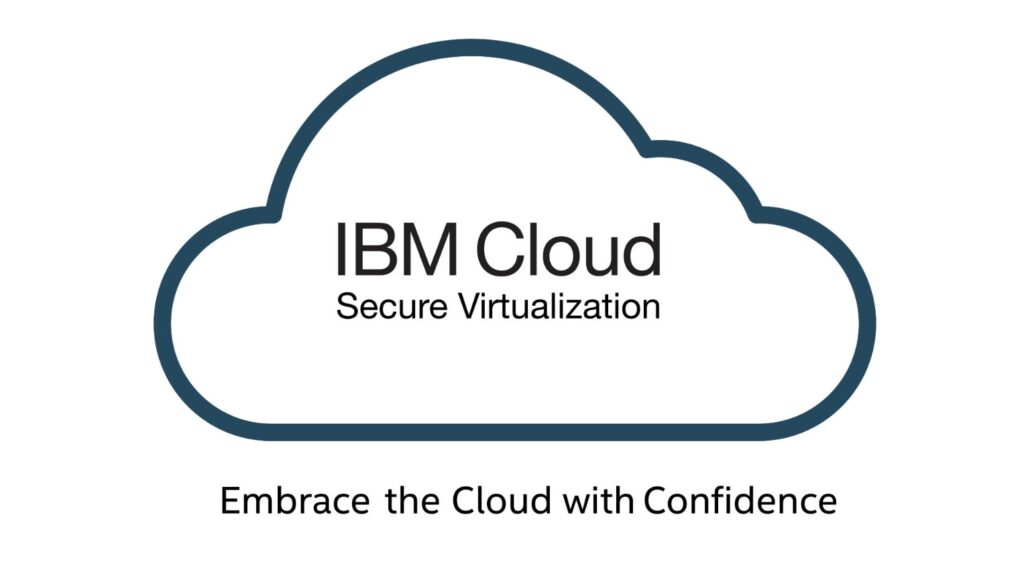
BM Cloud provides a comprehensive cloud platform that includes state-of-the-art data and AI tools, as well as high-quality enterprise infrastructure.
- Use Cases: AI and machine learning, hybrid cloud deployments, enterprise applications.
- Pros: Strong AI tools, robust security, and compliance features.
- Cons: Higher costs, complex pricing model.
- Price: Subscription-based pricing; varies based on the services used.
- Features: Watson AI, Kubernetes Service, Cloud Foundry, and more.
5. Oracle Cloud Infrastructure (OCI)
Oracle Cloud Infrastructure (OCI) is known for its high-performance computing capabilities and enterprise-grade services.
- Use Cases: Enterprise applications, database services, cloud-native applications.
- Pros: High performance, strong database services, enterprise-friendly.
- Cons: Smaller ecosystem, higher costs for advanced services.
- Price: Subscription-based pricing; varies based on usage.
- Features: Autonomous Database, Compute, Storage, Networking, and more.
Product Comparison Table
| Product | Use Cases | Pros | Cons | Price | Features |
|---|---|---|---|---|---|
| AWS | Web hosting, big data, ML | Extensive services, robust security | Complex, higher costs | Pay-as-you-go | EC2, S3, Lambda, RDS |
| Microsoft Azure | Enterprise IT, app development | MS integration, hybrid cloud | Pricing complexity, outages | Subscription | VMs, SQL Database, Active Directory |
| Google Cloud Platform | Big data, ML, app development | Strong analytics, competitive pricing | Smaller market share | Pay-as-you-go | Compute Engine, BigQuery, Kubernetes Engine |
| IBM Cloud | AI, hybrid cloud, enterprise apps | Strong AI tools, robust security | Higher costs, complex pricing | Subscription | Watson AI, Kubernetes, Cloud Foundry |
| Oracle Cloud | Enterprise apps, databases | High performance, strong database | Smaller ecosystem, higher costs | Subscription | Autonomous Database, Compute, Networking |
See also: Backup Server Cloud: Solutions to Secure Your Data
Detailed Benefits of Cloud Computing Servers
- AWS: Offers unparalleled flexibility and control over your computing resources, allowing businesses to rapidly deploy applications and scale infrastructure efficiently.
- Microsoft Azure: Seamlessly integrates with existing Microsoft tools, providing a cohesive environment for businesses leveraging Microsoft software.
- Google Cloud Platform: Excels in data analytics and machine learning, making it ideal for businesses looking to harness the power of big data.
- IBM Cloud: Provides advanced AI and machine learning capabilities, empowering businesses to innovate with intelligent solutions.
- Oracle Cloud: Delivers high-performance computing and robust database services, perfect for enterprises with demanding workloads.
How to Buy Cloud Computing Servers
- Amazon Web Services (AWS): Visit AWS Pricing for detailed pricing and start with a free tier.
- Microsoft Azure: Explore Azure Pricing and sign up for a free account.
- Google Cloud Platform (GCP): Check out GCP Pricing and start with a free trial.
- IBM Cloud: Visit IBM Cloud Pricing for detailed pricing information.
- Oracle Cloud Infrastructure (OCI): View OCI Pricing for subscription details.
Use Cases: Problems Solved by Cloud Computing Servers
- Scalability Issues: Easily scale resources to meet fluctuating demands without investing in physical infrastructure.
- Cost Management: Pay only for what you use, optimizing operational costs and reducing waste.
- Global Accessibility: Access data and applications from anywhere, facilitating remote work and global operations.
- Security Concerns: Advanced security measures protect data from breaches and ensure compliance with regulations.
- High Availability: Ensure continuous availability with high uptime guarantees and redundancy options.
Where to Buy
- Amazon Web Services (AWS): Start Here
- Microsoft Azure: Get Started
- Google Cloud Platform (GCP): Sign Up
- IBM Cloud: Begin Here
- Oracle Cloud Infrastructure (OCI): Start Now
FAQs
1. What is a cloud computing server?
A cloud computing server is a virtual server hosted in the cloud, providing scalable and flexible resources accessible over the internet.
2. How do cloud computing servers differ from traditional servers?
Cloud servers offer scalability, cost-effectiveness, and accessibility compared to traditional on-premises servers, which require significant upfront investment and maintenance.
3. Can small businesses benefit from cloud computing servers?
Yes, small businesses can greatly benefit from cloud servers due to their pay-as-you-go pricing, scalability, and ease of use.
4. Are cloud computing servers secure?
Yes, cloud computing servers come with advanced security features, including encryption, firewalls, and compliance certifications, ensuring data protection.
5. How do I choose the right cloud computing server for my business?
Consider your specific use cases, budget-required features, and integration needs when selecting a cloud computing server. Comparing top providers like AWS, Azure, GCP, IBM Cloud, and Oracle Cloud can help you make an informed decision.
By following these guidelines, you can make an informed decision when selecting a cloud computing server that best suits your business needs. Happy cloud computing! ☁️🚀
